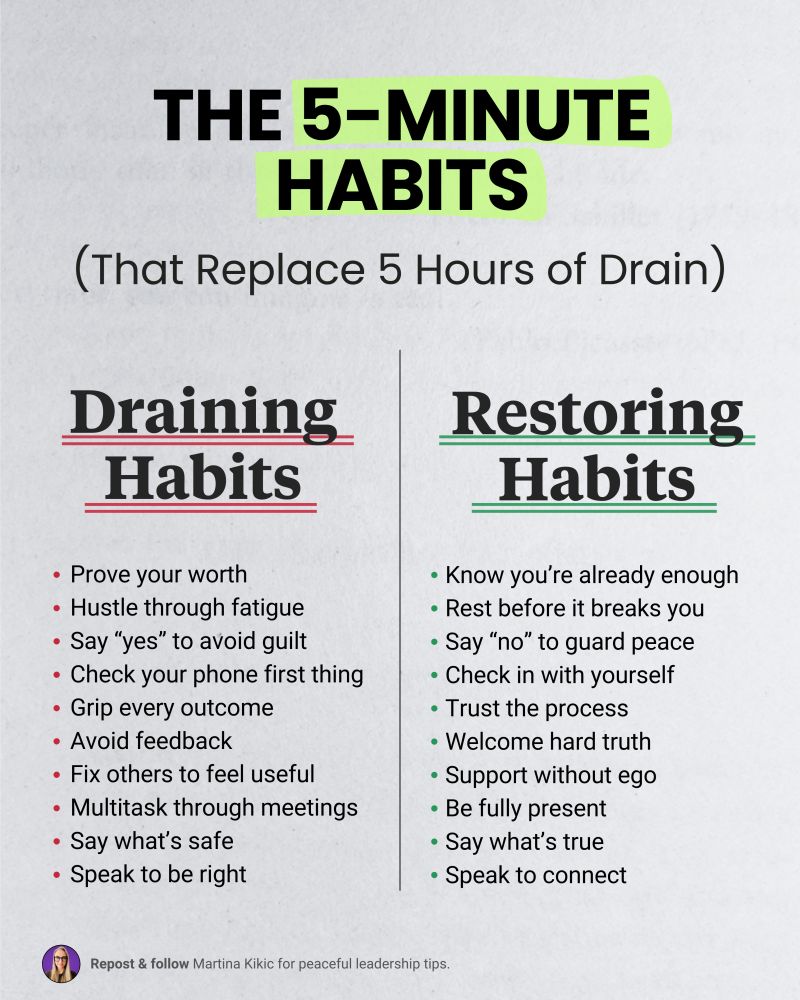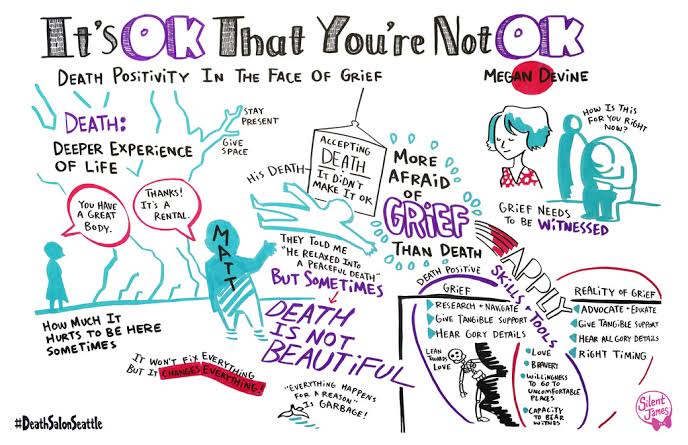
Do you wake up tired, drag your feet during the day, and struggle to concentrate? You're not alone. Chronic fatigue has become one of the main complaints of adults, especially among those...
Do you wake up tired, drag yourself through the day, and struggle to concentrate? You’re not alone. Chronic fatigue has become one of the main complaints of adults, especially those between the ages of 30 and 65. Although we tend to blame overwork or stress, daily exhaustion often stems from everyday habits that drain your energy without you even noticing.
According to specialists such as Dr. Estefanía Belén Mondin (Hospital Italiano) and Dr. Silvana Malnis (Hospital Alemán), persistent fatigue can have both physical and psychological causes. Poor sleep, poor eating habits, procrastination, or excessive exposure to digital devices are some of the most common behaviors behind mental and physical exhaustion .
The good news: You can change these behaviors and regain your daily energy with small changes.
1. Multitasking: The Myth of Productivity
Although it may seem efficient, multitasking overloads your brain , reduces concentration, and increases stress levels. As endocrinologist and psychoanalyst Dr. Maria Teresa Calabrese explains, the human brain isn’t designed to focus on multiple activities effectively.
2. Procrastinating is more draining than you think.
Procrastinating creates a constant emotional burden. That mental to-do list triggers stress and drains you of energy. Dr. Lucía Crivelli, a neuropsychologist at Fleni, recommends breaking large tasks into smaller chunks and starting small.
“Letting go of the idea of perfection reduces procrastination and improves performance.”
“Multitasking doesn’t exist. We can do several things, but not with the same quality as if we focused on just one,” he points out.
What to do? Prioritize, eliminate distractions, and take breaks. You’ll see improvements in your performance and less mental exhaustion.
3. Please everyone… except yourself
Saying “yes” to everything may seem altruistic, but it’s often a direct path to emotional burnout . Living for the needs of others while neglecting your own saps your self-esteem and energy.
The solution? Set healthy boundaries and prioritize your well-being without guilt. It’s a necessary act of self-care.
4. Physical and mental clutter overwhelms
Having a chaotic home or office directly impacts your mind. Studies show that visual clutter increases stress, reduces productivity, and consumes mental resources .
Try it: Declutter your most-used environment—like your bedroom or workspace—and see how your concentration and mood improve.
5. Ruminating on negative thoughts
Going over the same fears or worries is one of the most insidious ways to lose energy. Mental rumination consumes your cognitive resources, fuels anxiety, and makes it difficult to concentrate.
Identify when you’re getting caught in these cycles. Practicing mindfulness , meditation, or talking to a professional can help you break this pattern.
How to recover energy?
Dr. Mondin points out that having a healthy routine is key: good nutrition, restful sleep, and regular physical activity. Exercise, for example, releases endorphins , which induce feelings of pleasure and well-being.
Other recommendations to combat chronic fatigue:
- Sleep at least 7-8 hours per night.
- Reduce consumption of alcohol, caffeine, and ultra-processed foods.
- Avoid using screens before sleeping.
- Plan breaks, meals, and recreational activities.
- Practice relaxation techniques such as deep breathing or yoga.
Being exhausted all the time shouldn’t be your natural state. Identifying and correcting these energy-sapping habits can make a huge difference in your physical, emotional, and mental health. With small, sustained, and conscious changes, it’s possible to regain your vitality and enjoy your daily life again.







